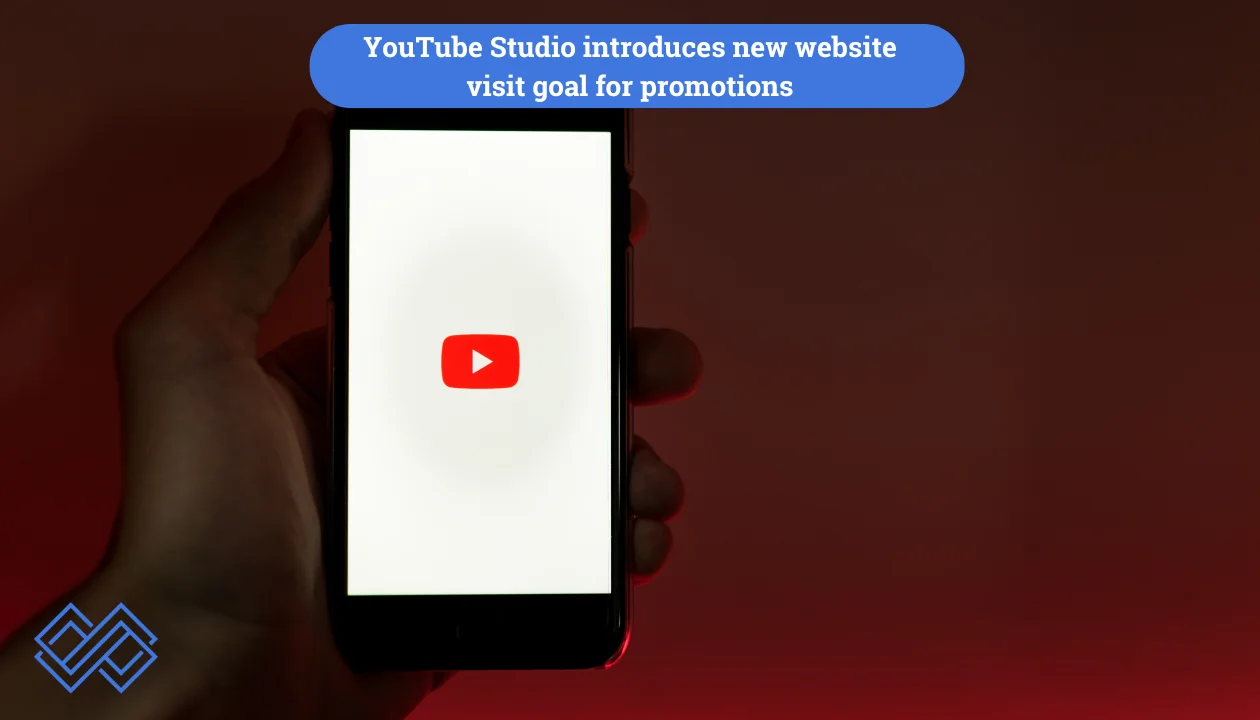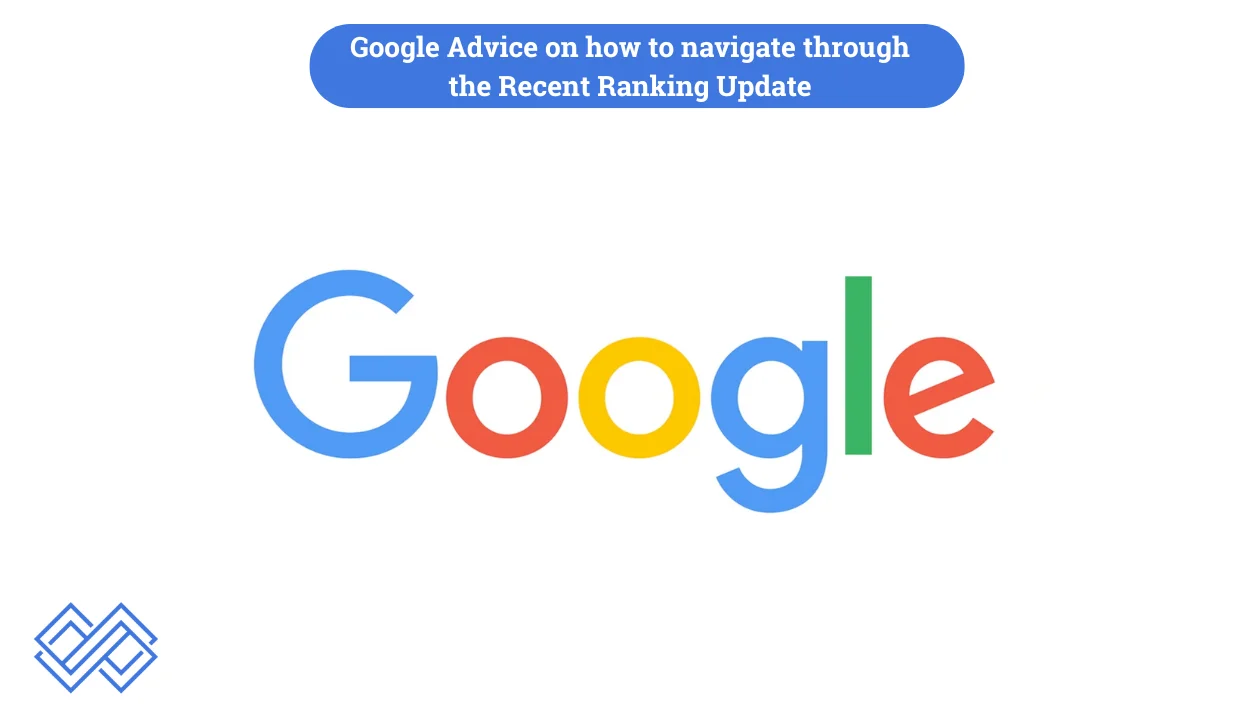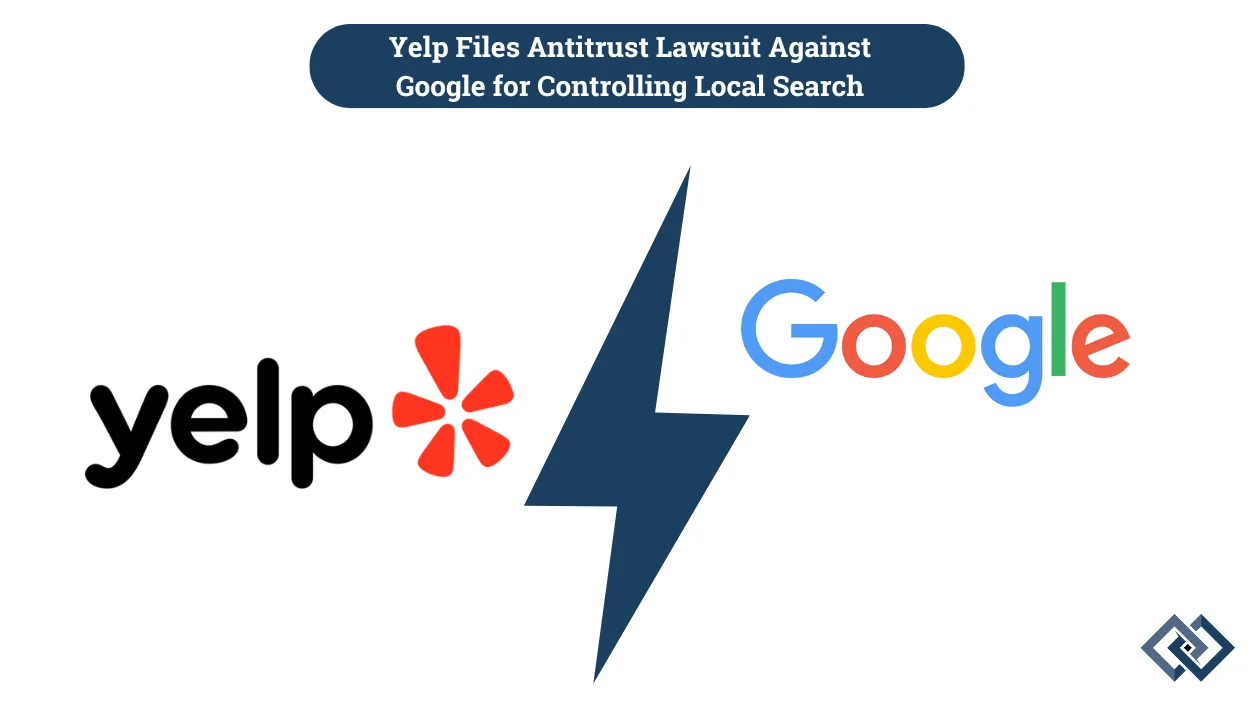According to a new report published by the European Commission, four out of every five social media influencers do not disclose paid content about their activities.
and this is very risky! why?
It is possible that both the influencer and the brand that they are supporting are in violation of the law if they fail to make it abundantly clear that a post is an advertisement. This is because the influencer is not only violating the criteria for advertising.
What Does The Law States
Consumer protection rules in the European Union mandate that influencers adhere to the principle of transparency in their posts. They are not allowed to disclose information that is either inaccurate or misleading regarding the items or services that fall under the purview of the Unfair Commercial Practices Directive. A brand’s products or services must be disclosed as advertising if an influencer is receiving financial compensation or other advantages as a result of endorsing those products or services in a post.
It is also important to note that influencers who sell their own goods or services are subject to the same legal responsibilities as internet stores. This involves giving consumers with the essential legal protections and the opportunity to withdraw from the transaction, as required by the Consumer Rights Directive.
What Does The Report Says
The European Commission conducted an analysis of the postings made by 576 influential users on key social media sites that were not mentioned. The findings that were reported were as follows:
- Ninety-seven percent of all influencers shared posts that contained commercial content; however, only twenty percent of those influencers regularly disclosed that the content was truly advertising.
- It was found that thirty percent of the influencers did not include any corporate information in their postings. This includes the company’s email address, company name, postal address, and registration number.
- It was found that 38 percent of influencers did not make use of platform labels that were designed to disclose commercial material. For example, the “paid partnership” button on Instagram was not utilized. Instead, they opted for alternative terminology such as “collaboration” (16%), “partnership” (15%), or expressing gratitude to the partner brand in a manner that was more general (11%).
- By ensuring that the disclosure was evident throughout the entirety of the commercial communication, forty percent of the influencers were responsible. In addition, 34 percent of the profiles of influencers displayed the disclosure instantly, without the need for additional steps such as clicking on the “read more” button or scrolling down.
- It was found that forty percent of the influencers who were polled marketed their own brands, products, or services.
- When it came to this group, sixty percent of them did not indicate that their content was advertising on a consistent basis or at all.
European Commission also issued a statement that says:
“Any promotion of a brand’s products or services in a post that earns the post’s influencer revenues or other types of benefits must be disclosed as an advertising activity.”
In addition, influencers who sell products or services for their own account are subject to the same legal requirements as online stores. These obligations include the obligation to provide customers with legal guarantees or withdrawal rights, as stipulated by the Consumer Rights Directive.





